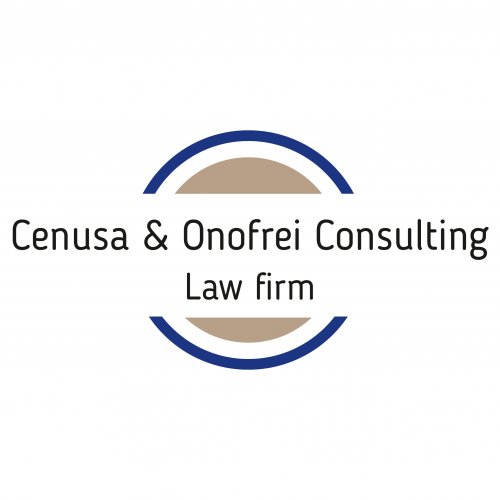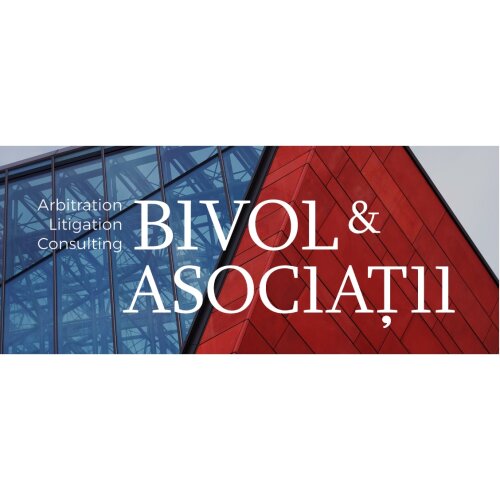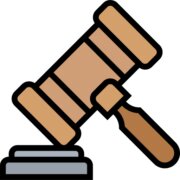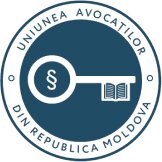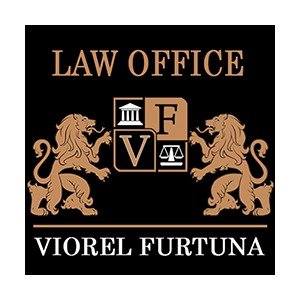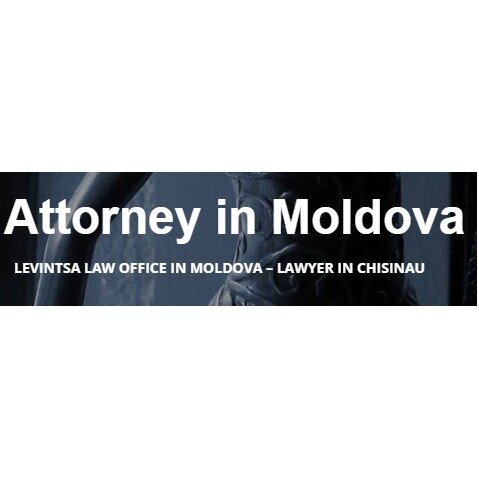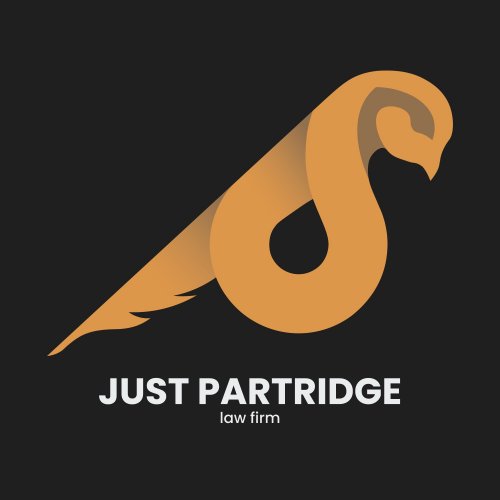Best Asylum Lawyers in Republic of Moldova
Share your needs with us, get contacted by law firms.
Free. Takes 2 min.
Or refine your search by selecting a city:
List of the best lawyers in Republic of Moldova
About Asylum Law in Republic of Moldova
The Republic of Moldova, located in Eastern Europe, has established legal frameworks to provide asylum and protection to people fleeing persecution. Asylum law in Moldova is primarily guided by its national legislation, incorporating international principles laid out by the United Nations and the European Convention on Human Rights. Those seeking asylum in Moldova can expect to go through a structured process to determine their eligibility for protection, which includes an assessment of their fear of persecution in their home country based on race, religion, nationality, membership in a particular social group, or political opinion.
Why You May Need a Lawyer
Navigating the asylum process in the Republic of Moldova can be complex due to legal and bureaucratic hurdles. You may need legal assistance in the following situations:
- Application Filing: To accurately complete and submit the required documentation for an asylum claim.
- Hearings and Appeals: To represent you in court or during appeals if your initial application is denied.
- Understanding Rights: To ensure you fully understand your rights and obligations under Moldovan and international asylum laws.
- Complex Cases: In cases involving family reunification, unaccompanied minors, or specific legal challenges.
Local Laws Overview
Asylum laws in Republic of Moldova are structured under several key legal frameworks:
- Law on Asylum: The primary legal document guiding the asylum application procedure, rights, and obligations of asylum seekers.
- Government Decrees: Regulations that provide additional details on implementing asylum procedures and integration measures.
- International Conventions: Moldova is a signatory to the 1951 Refugee Convention and its 1967 Protocol, ensuring basic protections for asylum seekers.
Frequently Asked Questions
What is the first step to apply for asylum in Moldova?
To apply for asylum, you must submit a request to the Bureau for Migration and Asylum in person, at the border, or after entering the Republic of Moldova.
How long does the asylum process take?
The initial assessment typically takes several months, but complex cases can extend this period. If an appeal is involved, the process may take longer.
Can I work while waiting for my asylum decision?
Asylum seekers may have the right to work after a certain period of staying in Moldova, usually after six months from the date of application.
What happens if my asylum application is denied?
You have the right to appeal the decision through the courts. It is crucial to seek legal advice to navigate the appeal process effectively.
Will my family be allowed to join me if I am granted asylum?
Family reunification is possible under Moldovan asylum laws, enabling you to reunite with your immediate family members.
What protection will I receive if granted asylum?
If granted asylum, you will receive the status of a refugee or subsidiary protection, which allows you to stay in Moldova legally, work, and benefit from social services.
Can children apply for asylum independently?
Unaccompanied minors can apply for asylum, and special procedures are in place to protect their welfare during the process.
Are there any organizations that assist asylum seekers in Moldova?
Yes, several non-governmental organizations (NGOs), often in partnership with international agencies, provide legal assistance, social support, and advocacy for asylum seekers.
What languages are used during the asylum process?
The official language of Moldova is Romanian, but interpretation services are generally provided to ensure that language barriers do not hinder the asylum process.
How does Moldova ensure a fair asylum process?
Moldova follows international human rights standards and provides opportunities for applicants to present their cases effectively, with access to legal counsel and interpreters.
Additional Resources
For those seeking additional information or legal assistance, consider the following resources:
- Bureau for Migration and Asylum: The primary governmental body handling asylum requests and processes.
- United Nations High Commissioner for Refugees (UNHCR): Offers protection and assistance to refugees and asylum seekers in Moldova.
- Non-Governmental Organizations (NGOs): Groups like the Moldovan Refugee Community and other local NGOs provide legal and social support to asylum seekers.
Next Steps
If you require legal assistance with your asylum application in the Republic of Moldova, consider the following steps:
- Seek Legal Counsel: Contact a lawyer specializing in asylum law who can provide advice tailored to your specific situation.
- Contact Relevant Organizations: Reach out to NGOs or international organizations that offer support services in Moldova.
- Prepare Your Case: Gather all necessary documentation, evidence, and testimonials that support your claim for asylum.
- Stay Informed: Regularly update yourself on evolving laws and procedures related to asylum to ensure full compliance and leverage legal rights effectively.
Lawzana helps you find the best lawyers and law firms in Republic of Moldova through a curated and pre-screened list of qualified legal professionals. Our platform offers rankings and detailed profiles of attorneys and law firms, allowing you to compare based on practice areas, including Asylum, experience, and client feedback.
Each profile includes a description of the firm's areas of practice, client reviews, team members and partners, year of establishment, spoken languages, office locations, contact information, social media presence, and any published articles or resources. Most firms on our platform speak English and are experienced in both local and international legal matters.
Get a quote from top-rated law firms in Republic of Moldova — quickly, securely, and without unnecessary hassle.
Disclaimer:
The information provided on this page is for general informational purposes only and does not constitute legal advice. While we strive to ensure the accuracy and relevance of the content, legal information may change over time, and interpretations of the law can vary. You should always consult with a qualified legal professional for advice specific to your situation.
We disclaim all liability for actions taken or not taken based on the content of this page. If you believe any information is incorrect or outdated, please contact us, and we will review and update it where appropriate.
Browse asylum law firms by city in Republic of Moldova
Refine your search by selecting a city.



